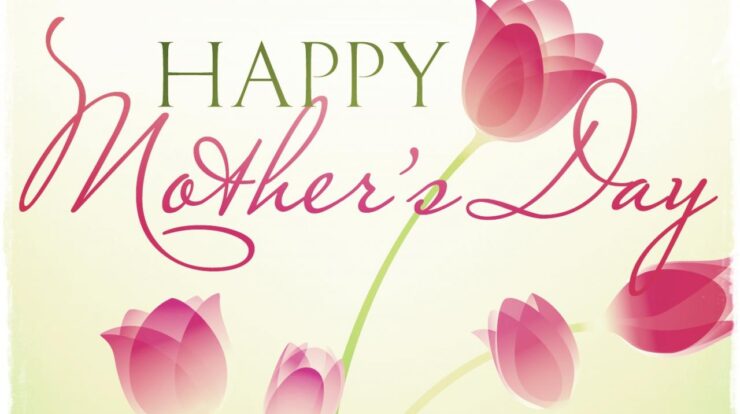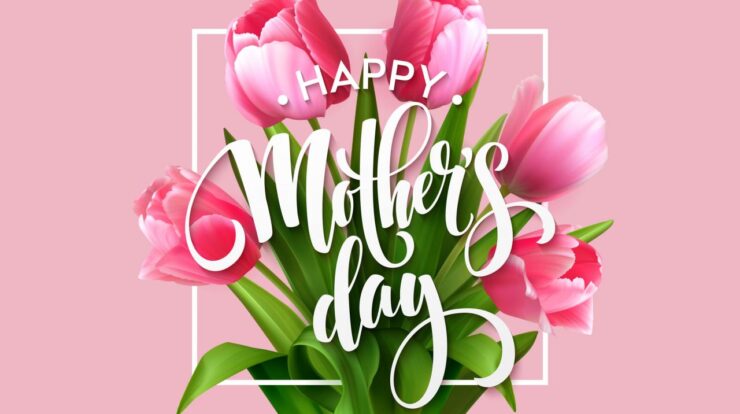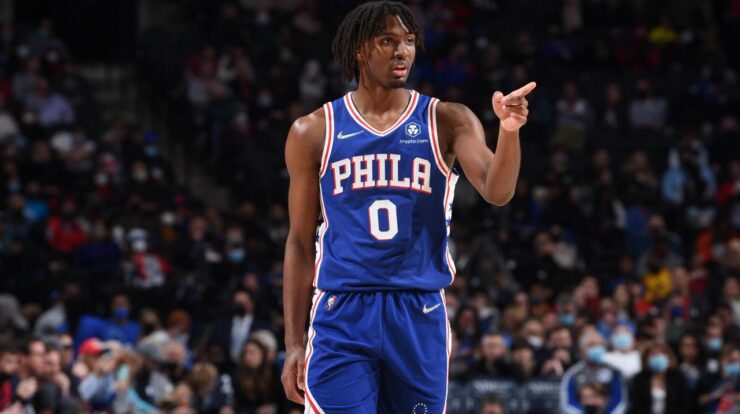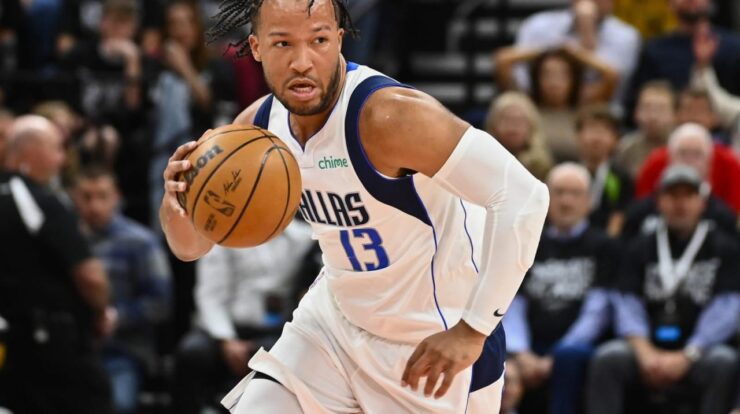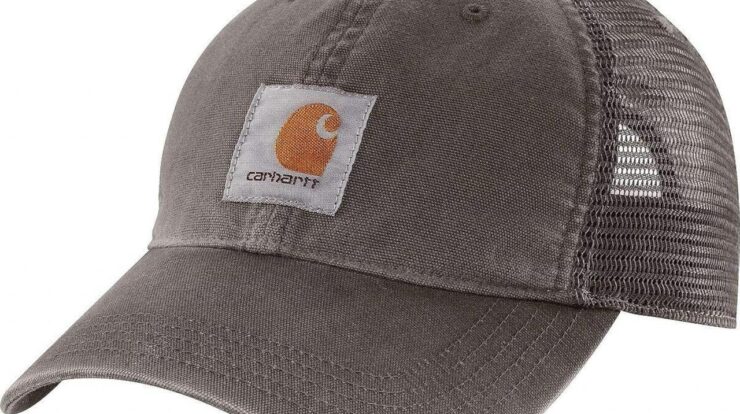
That’s cap meaning – Embark on a linguistic journey to decipher the enigmatic slang term “that’s cap.” From its origins to its pervasive usage, this phrase has woven itself into the fabric of modern communication, shaping youth culture and online discourse. Join us as we unravel the meaning of “that’s cap” and explore its impact on language and society.
In the realm of slang, “that’s cap” reigns supreme, conveying a blatant denial or rejection of a statement deemed false or exaggerated. Its versatility extends across various contexts, from casual conversations to social media banter, adding a touch of playful skepticism to everyday interactions.
Definition of “That’s Cap”: That’s Cap Meaning
In modern slang, the phrase “that’s cap” is used to express disbelief or to call out something as false or untrue. It is a dismissive term that implies that the information being presented is fabricated or exaggerated.
The phrase has become particularly popular among young people on social media platforms like TikTok and Twitter. It is often used in a playful or humorous way to poke fun at someone or to challenge their claims.
Origins and Evolution, That’s cap meaning
The exact origins of the phrase “that’s cap” are unclear, but it is believed to have originated in the African American community. It is thought to have emerged as a way to challenge or dismiss exaggerated or false claims.
Over time, the phrase has evolved and become more widespread. It is now used by people of all ages and backgrounds, both online and offline.
Usage and Examples
The phrase “that’s cap” is commonly used in a variety of situations, including:
- When someone makes a false or exaggerated claim
- When someone is trying to deceive or manipulate others
- When someone is simply being playful or humorous
Here are some examples of how “that’s cap” is used in different contexts:
| Context | Response |
|---|---|
| Someone claims to have won the lottery. | “That’s cap.” |
| Someone tries to sell you a fake designer watch. | “That’s cap. This is not real.” |
| Someone tells you a funny story. | “That’s cap. You’re making that up.” (in a playful way) |
Regional Variations
The usage of “that’s cap” varies slightly depending on the region. In some areas, it is more commonly used than in others.
For example, the phrase is particularly popular in urban areas in the United States, especially among young people.
However, it is also used in other parts of the world, such as the United Kingdom and Canada. In these countries, it is more likely to be used in a playful or humorous way.
Similar Phrases and Alternatives
There are a number of other phrases and slang terms that have a similar meaning to “that’s cap”. These include:
- That’s not true
- That’s a lie
- That’s fake news
- That’s BS
These phrases can be used in a variety of contexts, but they are generally more formal than “that’s cap”.
Impact on Language and Culture
The phrase “that’s cap” has had a significant impact on language and culture.
It has become a popular way to express disbelief or to challenge someone’s claims. It has also been used in a variety of creative ways, such as in songs, memes, and social media posts.
The phrase has also been used to raise awareness of fake news and misinformation. By challenging false claims, people are helping to create a more informed and truthful society.
Final Thoughts
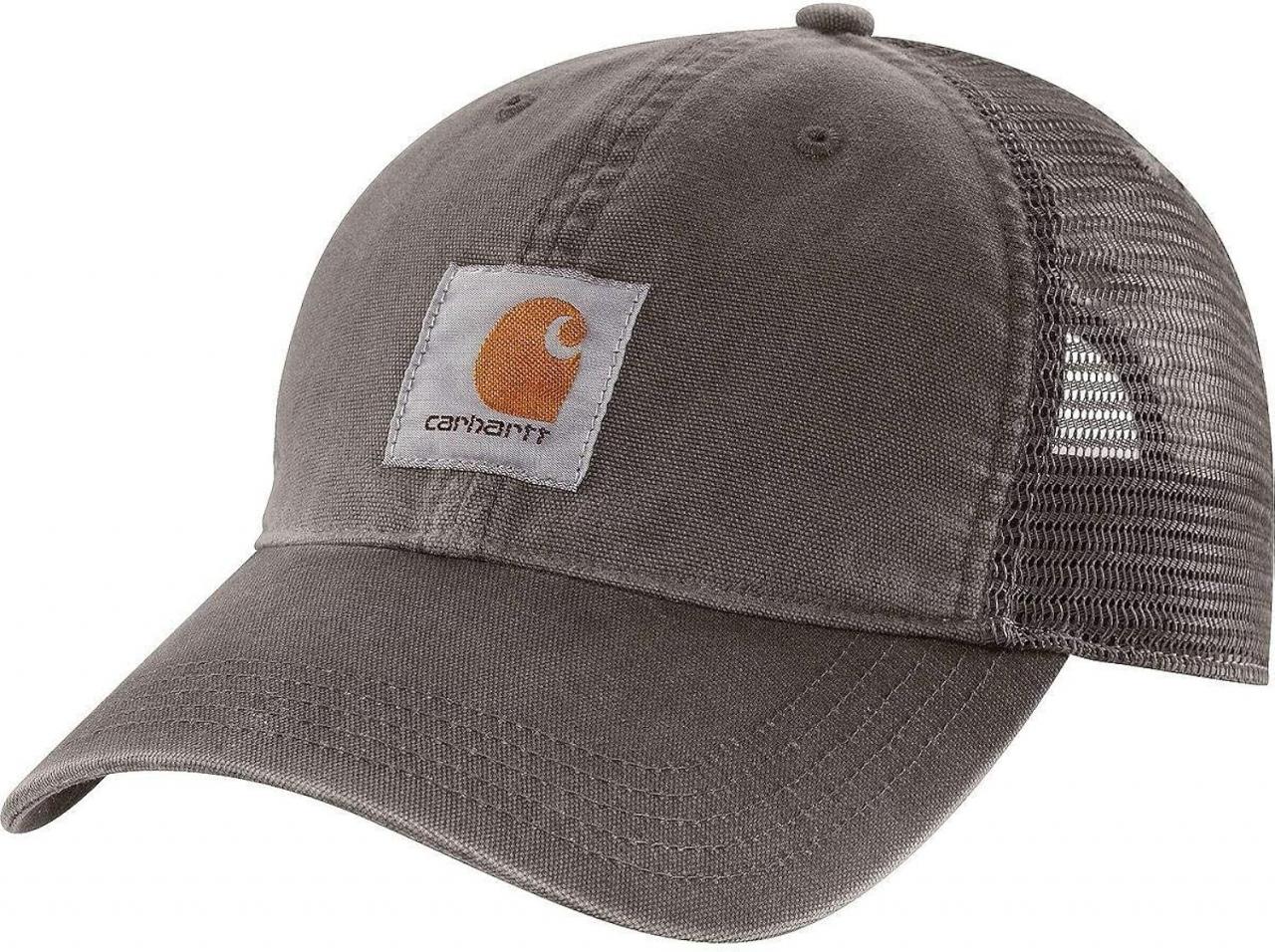
The influence of “that’s cap” extends far beyond its literal meaning, permeating popular culture and shaping the way we communicate. Its succinct and dismissive nature has resonated with youth culture, providing a quick and effective way to express disbelief or disapproval.
Moreover, the phrase has become a staple in online discourse, adding a layer of humor and irony to digital interactions.
FAQ Overview
What does “that’s cap” mean?
It means a statement is false or exaggerated.
Where did the phrase “that’s cap” originate?
Its exact origins are uncertain, but it gained popularity in the early 2010s within African American communities.
How is “that’s cap” used in different contexts?
It can be used to express disbelief, disagreement, or humor in both casual and formal settings.



